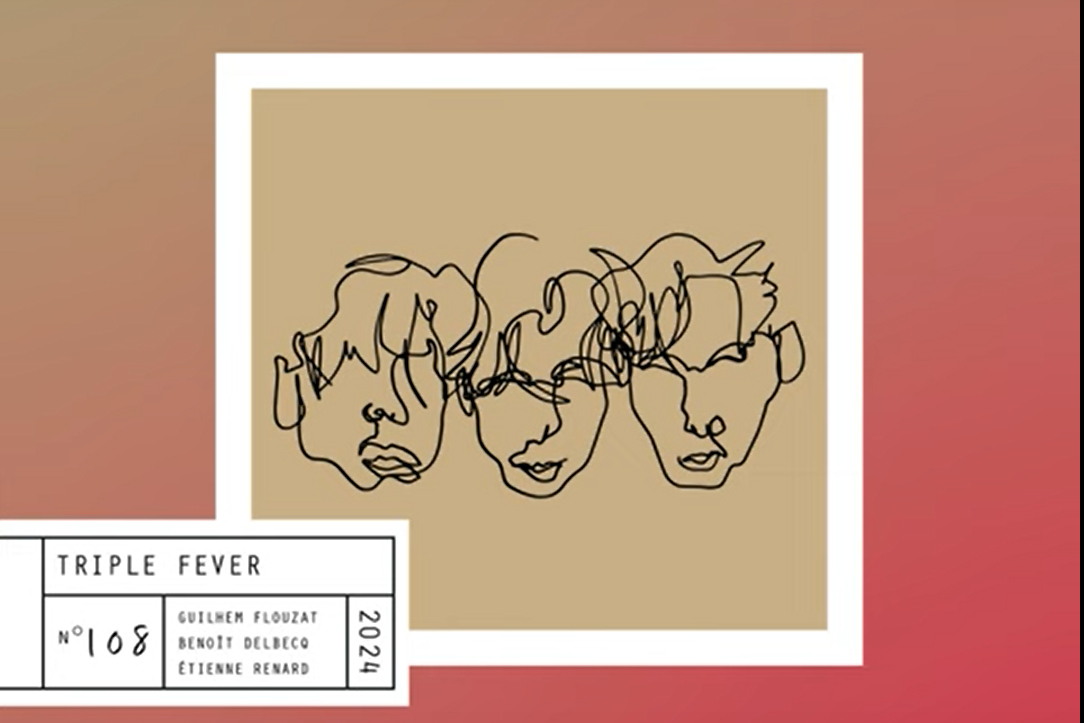Review: George Burton’s ‘Reciprocity’
|
Getting your Trinity Audio player ready...
|
Ralph Waldo Emerson once noted that “to be yourself in a world that is constantly trying to make you something else is the greatest accomplishment.” Whether one’s expectations on another person, of an artist’s output as a certain type, or one’s inflated self-perception, far too often images are depicted and enforced which do not align with reality. It is fitting that one of the first contributions to PostGenre, a site dedicated to shattering preconceptions, is the review of Reciprocity (self-release, 2020) by pianist George Burton, an artist wholly attuned to these problems and steadfast in his resolve to remain true to himself regardless.
On his 2016 album, The Truth of What I am > The Narcissist, Burton adopted various stylistic techniques to express a desire to transcend the culture of “me.” His follow up, takes an equally unique musical approach to further a concept that is in some ways both similar and different from its predecessor. While the first focused on limiting the excessive esteem one gives themselves, the latter seemingly emphasizes the level of respect people give to one another. This issue is principally addressed in two ways.
First, there is the issue of recognition across imaginary musical divisions. Some traditionalists draw imaginary lines around sound and issue edicts that disparage crossing their self-imposed partition. Jazz, in particular, is notorious for these limitations as commentators have debated incessantly for decades whether something constitutes the musical form. Fortunately, Burton never cedes to these arbitrary distinctions. Musically, Reciprocity, like its predecessor, is eclectic. While both were formed out of jazz, they also equally draw significantly from avant-garde music, R&B, and hip hop. One of The Truth’s best pieces, “First Opinion” added to this base by presenting an experiment in tape music.
Its successor continues this exploratory path by pushing even further into electronic music while also honing an indie rock sound. This is perhaps best seen in his arrangement of “Ti Ki” by Icelandic avant-rock band Sigur Rós. In Burton’s hands, the song is atmospheric and contemplative. Beyond this, the original composition “Finding” also adds a chamber music sentimentality. To further support the view of Reciprocity as transcending traditional musical labels, snippets of spoken statements by Marshall Allen additionally appear throughout various tracks. Allen, of course, has long been associated with one of the most musically diverse bands of all time, the Sun Ra Arkestra, an ensemble which also includes Burton as a member.
The second manner in which respect is shown as a guiding principle of the album is in its emphasis on the relationship between the artist and the audience. This is evidenced in the album’s title. Reciprocity can mean many different things depending on the context. In social psychology, it is the norm of individuals responding to each other’s positive actions. In law, the term means recognition of an attorney’s status to allow them to practice in a different jurisdiction. In philosophical ethics, it is the golden rule of treating others as one wishes to be treated. Throughout all definitions, however, the underlying concept is that of respect between two participants in an exchange.
Similarly, while some may think of listening as a passive activity, Reciprocity clarifies that this is a misconception. In one of his snippets, on “Gratitude”, Allen states that Burton is “playing a lot of music and affecting folks,” underscoring the connection between a listener’s emotions and the art presented. Such a relationship between the artist and the audience can exist only if there is a sufficient level of esteem between both participants.
Note, this is wholly different from any artist’s feeling of a need to have notoriety. In light of the great sacrifices musicians undertake to present their craft, some may prove frustrated by a lack of “fame.” However, in listening to Reciprocity, one senses that the pianist does not seek such attention. Instead, his primary objective lies in strengthening the bond with his listeners. In this regard, the album overwhelmingly succeeds. From the driving urgency of “Power” to the subdued soulfulness of his version of “Third Prayer”, each song is beautiful and memorable. Reciprocity is a work that both sits comfortably alongside The Truth of What I am > The Narcissist while still aptly distinguishing itself.
Reciprocity is now available on CD or digital download.
Track list: 1. Gratitude; 2. Finding; 3. Tiki; 4. Turn; 5. Power; 6. Us; 7. Finite Space; 8. Untitled 1; 9. Destiny: Guide; 10.Reciprocity; 11. Third Prayer; 12. Track 12.
Personnel: George Burton (Piano, Rhodes, Harmonium), Tim Warfield (Soprano Sax), Chris Hemingway (Alto Sax), Alexa Barchini (Vocals), Andy Bianco (Guitar), Pablo Menares (Bass), Wayne Smith Jr. (Drums (1,2,3,6,7,10)), James (Biscuit) Rouse (Drums (5,9,12)), Jeremy (Bean) Clemons (Drums (11)).




One thought on “Review: George Burton’s ‘Reciprocity’”